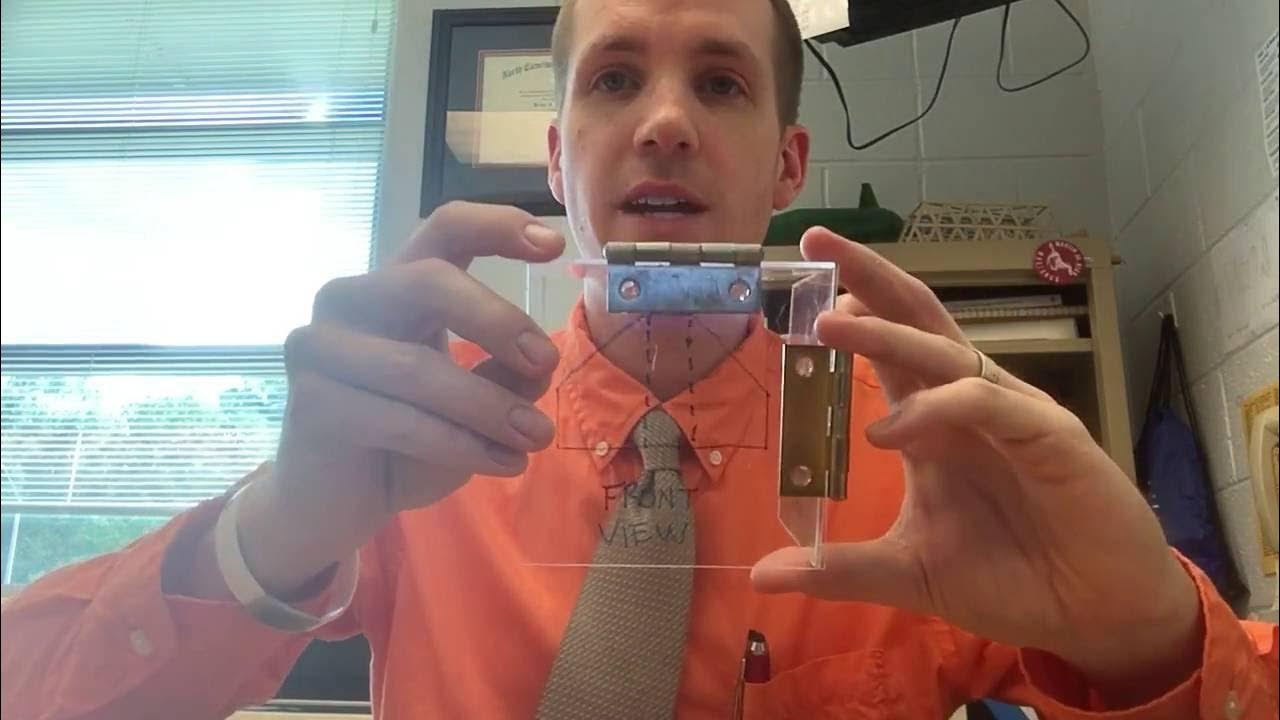Introduction to the Comprehensive Geriatric Assessment Toolkit
Summary
TLDRThis toolkit introduces a comprehensive geriatric assessment (CGA), a multi-dimensional approach for older adults at high risk of losing independence. CGA, involving interprofessional teams, assesses medical, psychosocial, and functional aspects to develop a coordinated care plan, supported by research for its benefits in managing frailty and improving cognition.
Takeaways
- 🏥 Comprehensive Geriatric Assessment (CGA) is a multi-dimensional assessment process that is critical for managing frailty and risk of loss of independence in older adults.
- 🔍 CGA is based on proactive screening to identify high-risk older adults who would benefit from timely, geriatric-focused assessment.
- 🌐 Research supports the benefits of CGA, showing that it can help older adults remain at home longer, reduce institutionalization and hospitalization, and improve cognition.
- 👨👩👧👦 CGA requires a team approach, involving various healthcare professionals who contribute their specific geriatric knowledge and skills.
- 👀 The assessment process includes both screening and assessment, as well as goal-directed intervention and follow-through, making it a diagnostic and treatment process.
- 📚 CGA covers medical, surgical, social, and functional history taking, along with a physical assessment and review of common geriatric syndromes.
- 🔎 The assessment is often nonlinear and may depend on the clinical approach and how the initial interview unfolds, allowing flexibility in gathering information.
- 🛠️ After screening and comprehensive assessment, areas of concern are identified, prioritized, and interventions are formulated to address priority problems.
- 🤝 Utilizing available resources, consulting with geriatricians and other allied health care providers, and utilizing community resources are crucial for formulating a coordinated plan of care.
- 🔄 Follow-up is essential to assess the impact of interventions and make any necessary adjustments to the coordinated plan of care.
Q & A
What is the purpose of the assessment restore approach to care for community-dwelling older adults?
-The purpose of the assessment restore approach is to provide healthcare providers with foundational information and learning resources to support the implementation of a comprehensive geriatric assessment, which is essential for managing frailty and risk of loss of independence in older adults.
Why is a comprehensive geriatric assessment (CGA) considered the gold standard in managing frailty and risk of loss of independence?
-CGA is considered the gold standard because it is a multi-dimensional, patient-focused assessment process that involves both comprehensive assessment across multiple domains and goal-directed intervention and follow-through, which is supported by strong research evidence.
What are the benefits of a comprehensive geriatric assessment according to the research trials mentioned in the script?
-The benefits include a higher likelihood for older adults to remain living in their homes longer, reduced chances of institutionalization or hospitalization, less likelihood of experiencing deterioration, and improved cognition.
Who finds specialized comprehensive geriatric assessment most beneficial according to the script?
-Older adults experiencing frailty together with multiple comorbidities and functional decline or disability are most likely to benefit from specialized comprehensive geriatric assessment.
How does the CGA process typically begin in an interprofessional team setting?
-The CGA process can be initiated by any member of the interprofessional team. Team members complete their assessments and contribute information using their profession-specific geriatric knowledge and skills.
What is the role of a physician, nurse practitioner, or geriatrician in refining the clinical picture during a CGA?
-They complete a physical assessment and collaborate with the team to review and interpret findings to create an integrated clinical picture.
How does a comprehensive geriatric assessment differ from other types of assessments?
-A CGA includes both screening and assessment, as well as goal-directed intervention and follow-through, making it both a diagnostic and treatment process.
What are some common geriatric syndromes that a comprehensive geriatric assessment reviews?
-The review includes common geriatric syndromes such as polypharmacy, cognition, falls, sleep, pain, nutrition, and continence.
Why is it important for the assessment process to be nonlinear and flexible during a CGA?
-It allows healthcare providers to work with patients and families to gather information in a manner most suitable for the individual and their caregivers, ensuring a personalized approach to care.
What are some key considerations when prioritizing problems to address during goal-directed intervention and follow-through?
-It's important to balance what is most important to the patient and their caregivers with safety risks or urgent issues identified by healthcare providers, as the urgency of the same problem may vary for different individuals.
How can healthcare providers ensure a comprehensive approach to CGA across different settings?
-By utilizing available resources, consulting with geriatricians and other allied health care providers, and utilizing community resources, while also arranging for follow-up to assess the impact of interventions.
Outlines

Этот раздел доступен только подписчикам платных тарифов. Пожалуйста, перейдите на платный тариф для доступа.
Перейти на платный тарифMindmap

Этот раздел доступен только подписчикам платных тарифов. Пожалуйста, перейдите на платный тариф для доступа.
Перейти на платный тарифKeywords

Этот раздел доступен только подписчикам платных тарифов. Пожалуйста, перейдите на платный тариф для доступа.
Перейти на платный тарифHighlights

Этот раздел доступен только подписчикам платных тарифов. Пожалуйста, перейдите на платный тариф для доступа.
Перейти на платный тарифTranscripts

Этот раздел доступен только подписчикам платных тарифов. Пожалуйста, перейдите на платный тариф для доступа.
Перейти на платный тарифПосмотреть больше похожих видео
5.0 / 5 (0 votes)






